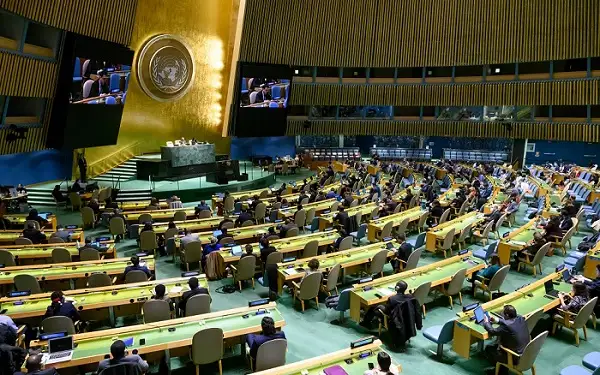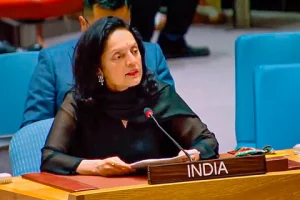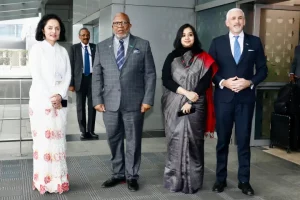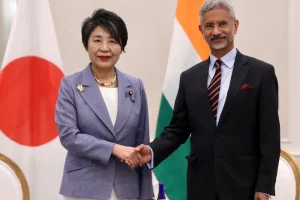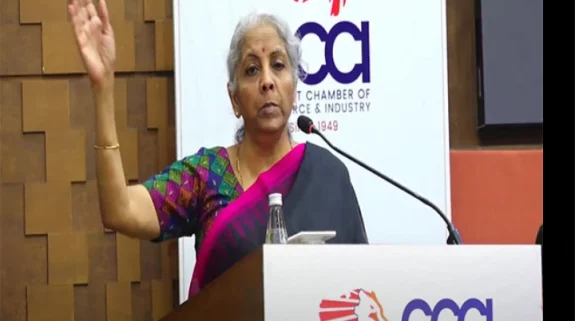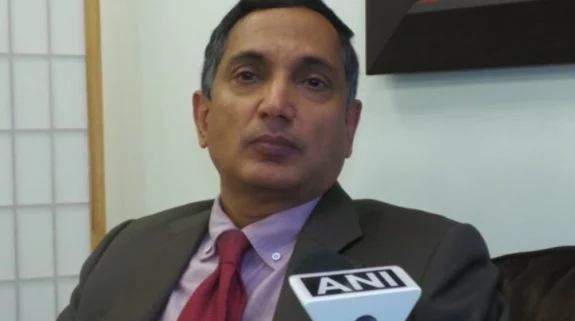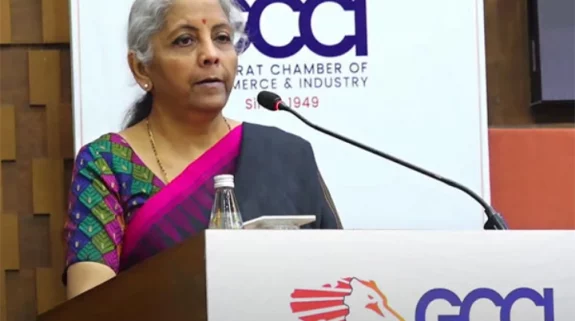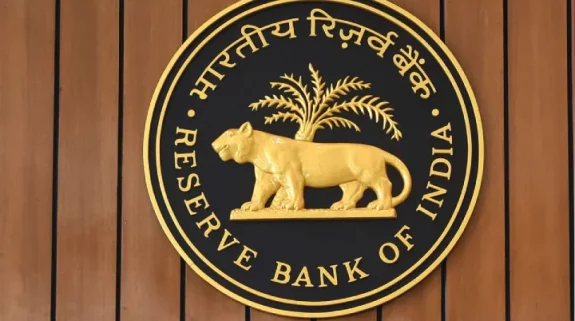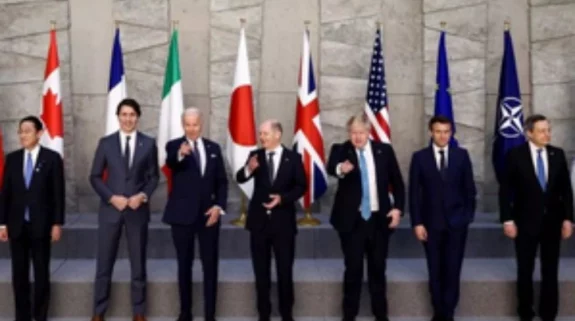India has expressed concern over the United Nations General Assembly (UNGA) adopting a resolution proclaiming March 15 as the 'International Day to Combat Islamophobia', hoping it does not set a precedent which will lead to multiple resolutions on phobias based on selective religions and divide the UN into religious camps.
The resolution was introduced by Munir Akram, Pakistan's Permanent Representative to the UN, on behalf of the Organisation of Islamic Cooperation (OIC) and was also sponsored by China and Russia. March 15 also marked the third anniversary of the 2019 Christchurch mosque attack which claimed the lives of 51 people.
Speaking in explanation of vote, Ambassador T S Tirumurti, India's Permanent Representative to the UN, expressed deep concern over intolerance and violence directed at various communities around the world.
However, while condemning all acts motivated by anti-semitism, Christianophobia or Islamophobia, he added that such phobias are not restricted to Abrahamic religions only.
"In fact, there is clear evidence that over decades such religiophobias have, in fact, affected the followers of non-Abrahamic religions as well. This have contributed to the emergence of contemporary forms of religiophobia, especially anti-Hindu, anti-Buddhist and anti-Sikh phobias," said Tirumurti.
In a veiled reference to the persecution of minorities in Pakistan and Afghanistan, New Delhi highlighted that the contemporary forms of religiophobia can be witnessed in the increase in attacks on religious places of worship like gurudwaras, monasteries, temples or in spreading of hatred and disinformation against non-Abrahamic religions in many countries.
"Examples abound. The destruction of Bamiyan Buddha, violation of gurudwara premises, massacre of Sikh pilgrims in gurudwara, attack on temples, glorification of breaking of idols in temples etc. contribute to the rise of contemporary forms of religiophobia against non-Abrahamic religions," India's Permanent Representative told the biggest international organisation in the world.
He highlighted that with Hinduism having more than 1.2 billion followers, Buddhism more than 535 million and Sikhism more than 30 million spread out around the world, it is time that we acknowledged the prevalence of religiophobia, "rather than single out just one".
India said that celebration of a religion is one thing but to commemorate the combatting of hatred against one religion is quite another and it is in this context that New Delhi remains concerned about elevating the phobia against one religion to the level of an international day, to the exclusion of all the others.
"Celebration of a religion is one thing but to commemorate the combatting of hatred against one religion is quite another. In fact, this resolution may well end up downplaying the seriousness of phobias against all other religions," said Tirumurti.
India also reminded the UNGA that in 2019, August 22 was already proclaimed as the International Day commemorating the victims of acts of violence based on religion or belief, which is fully inclusive in nature.
"We even have an International Day of Tolerance observed on 16 November. We are not convinced that we need to elevate phobia against one religion to the level of an international day. We need to always be inclusive, especially in the United Nations," the Indian Ambassador mentioned.
He said that India is a pluralistic country, home to almost all religions of the world and having always welcomed, over the centuries, those persecuted around the world for their faith or belief. Zoroastrians or Buddhists or Jews or people of any other faith, have always found in India a safe haven shorn of persecution or discrimination.
"India is proud that pluralism is at the core of our existence and we firmly believe in equal protection and promotion of all religions and faith. It is, therefore, unfortunate that word ‘pluralism’ finds no mention in the resolution and the sponsors have not found it fit to take on board our amendments to include the word 'pluralism' in the text for reasons best known to them," stated Tirumurti.
India's viewpoint was also echoed by France and the European Union.
Nicolas de Riviere, the representative of France, noted that Islamophobia has no agreed definition in international law. He said that the creation of an international day does not respond to concerns to counter all forms of discrimination and his country had proposed a text that endorsed the freedom of all religions and beliefs.
The representative of the European Union, in its capacity as observer, also stressed that the bloc is concerned with the approach of singling out one religion which risks undermining the universal outlook.






